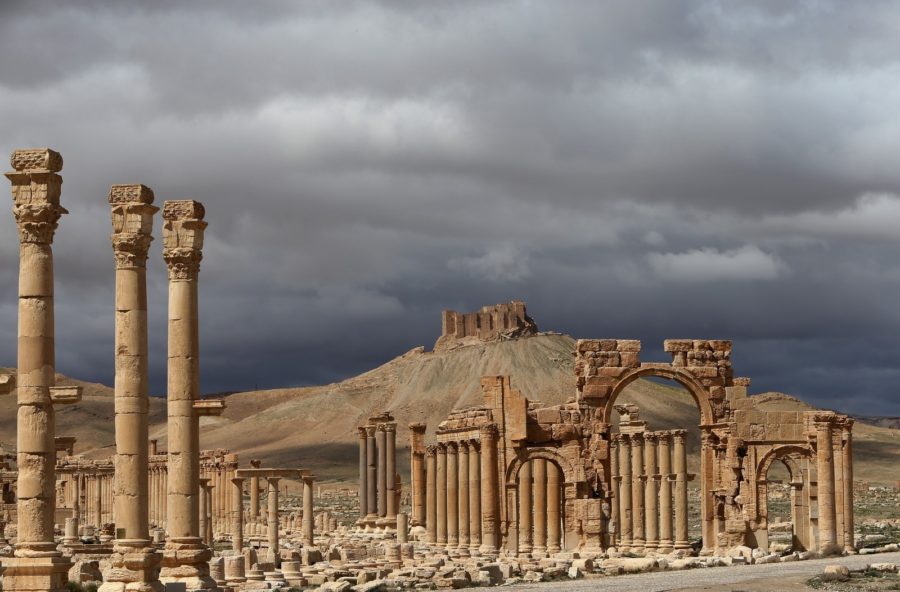Smuggled Antiquities Taking Center Stage
Earlier this week there was an extensive article in the Wall Street Journal about the growing effort in Syria to protect cultural antiquities as well as highlighting the additional horror that the sale of these artifacts is funding ISIS.
A popular statistic asserts that looting is the militant’s second largest source of funding after smuggled oil. This issue has been presented as key to combating ISIS and has a more tangible impact on the Western world as we have seen a strong outcry from the art community, historians and archeologists.
But what about the other sources of funding for ISIS? A recent general sweep of the media might find 5 articles on antiquities smuggling and 1 on smuggled oil, trafficking of humans, weapons or cigarettes and ransom payments. This brings up the question of why is this topic getting so much international attention, and is it the most effective way to combat the funding of ISIS?
ISIS is said to be making somewhere between 1 and 5 million per day. This is a lot of money and in no way can be accounted for by cultural artifacts.
In September, John Kerry made a speech at the Metropolitan Museum of Art about threats to cultural heritage in Iraq and Syria. This gave a strong global platform to the issue, but while trafficking in antiquities is a serious issue, it is the trafficking routes that allow ISIS to move goods across borders that are the root of the problem.
On February 12th, the United Nations Security Council passed a resolution to attempt to stop the flow of revenue to ISIS. This measure focused equally on the smuggling of oil, antiquities and paying ransoms from kidnapping. This is a step in the right direction, but now we need to see the muscle behind it. There must be a crackdown on smuggling routes and enhanced border security to prevent the movement of goods and people from funding ISIS. There must be a look to Turkey to continue to work against the sale of smuggled oil as well as increased border protection against smuggling militants from the EU into Syria and Iraq and letting goods, such as cigarettes, pass through toward the EU. We also need stronger commitments from governments not to pay ransom fees to ISIS as well as continued efforts to prevent foreign fighters joining the extremists.
While the issue of smuggled artifacts is important, it is key that it doesn’t get separated from the larger effort of counter-threat finance and we use all available resources to attack smuggling routes and use a multi-pronged approach to continue the fight against ISIS.
![]()




